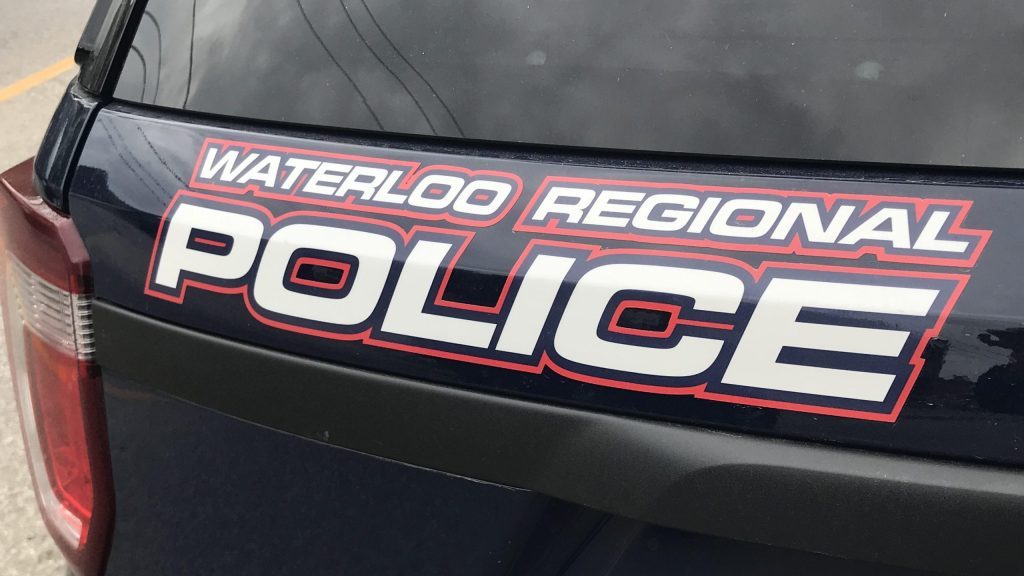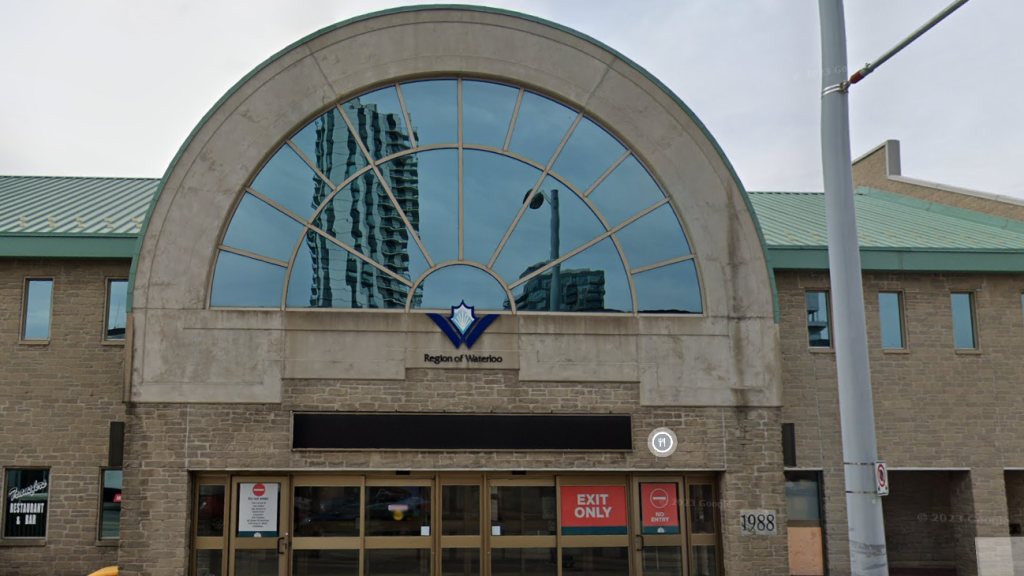Impaired crashes up in Colorado since marijuana legislation, GTA police preparing
Posted Aug 30, 2017 03:41:27 PM.
This article is more than 5 years old.
In Colorado, the number of fatal crashes linked to marijuana has risen sharply since 2013, but health officials there say they can’t definitively link the spike with legalization, according to a report in the Denver Post.
The sale of marijuana became legal in the state on Jan. 1, 2014, and Canada is set to make the drug legal in the country in July.
Here in the GTA, police are reluctant to comment on upcoming legislation, or whether the same thing could happen here.
“We typically don’t comment on upcoming legislation or changes to existing legislation,” York regional police Const. Andy Pattenden told CityNews on Wednesday.
As of June 30, police in York region had laid 713 impaired driving charges. While the number is not broken down between drugs and alcohol, Pattenden said, on average, five to 10 per cent of impaired charges are drug-related.
While the Post newspaper said impaired driving deaths have been up in Colorado, there was no proof that increased marijuana use led to the higher number of fatal crashes.
However, the number of “drivers testing positive for marijuana use … have grown at a quicker rate than the increase in pot usage in Colorado since 2013,” the newspaper reported, and it has local authorities concerned.
The number of drivers who were involved in fatal crashes and tested positive for marijuana rose from 47 in 2013 to 115 in 2016.
Ontario provincial police said that as of July, 2017, there have been 2,760 impaired charges for alcohol. There were an additional 152 drug-related impaired charges, Const. Lauren Ball told CityNews on Wednesday.
In all of 2016, there were 5,035 impaired charges for alcohol use, and an additional 234 impaired charges for drug use. In 2015, there were 5,340 alcohol-related impaired charges, and 191 for drugs.
“We’ll just have to see,” what happens in 2018, Ball said. “You can’t drive impaired, whether it’s by alcohol or drugs. We just do our best to prepare for it.”
Earlier this year, OPP Sgt. Peter Leon and Toronto police Const. Clint Stibbe told The Canadian Press they were reluctant to predict the future, but were preparing for an uptick.
“We really hope we don’t see a rise in impaired driving because of marijuana legalization, but we have to prepare as if we will see an increase,” Leon said in April.
Stibbe agreed.
“We are erring on the side of caution and expect to see a rise,” he said. “But we’ve already seen a rise in drug-impaired driving, from 24 arrests in 2015 to 86 arrests last year, which is a three-fold increase. That increase could also be explained by better training and detection on our officers part, though.”
Opponents of marijuana legalization in Canada point out that there’s no roadside breathalyzer test available to detect marijuana consumption, although police in some jurisdictions have been testing some TCH-detection devices.
Last April, Ontario’s Minister of Transportation, Steven Del Duca, said his ministry is working to put together protocols and standards for roadside testing.
“What we have right now is the Ministry of Transportation is working closely with the RCMP and something called the Canadian Centre for Forensic Studies to develop a standard that could be applied both here in Ontario and across Canada,” he said. “And through that process work towards having technology that would be available and verifiable and work.”
Del Duca also said drunk driving advertising campaigns will be extended to include drugged drivers.










